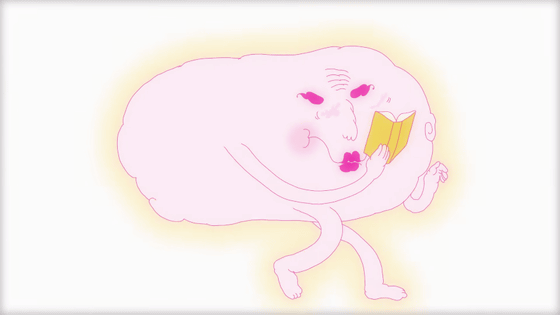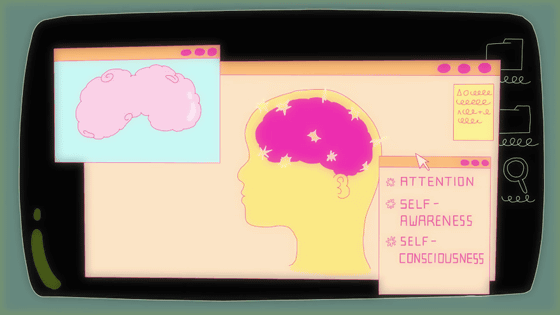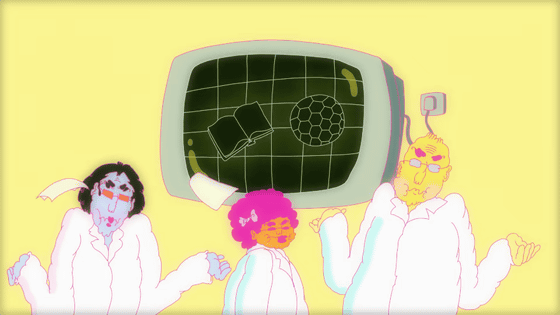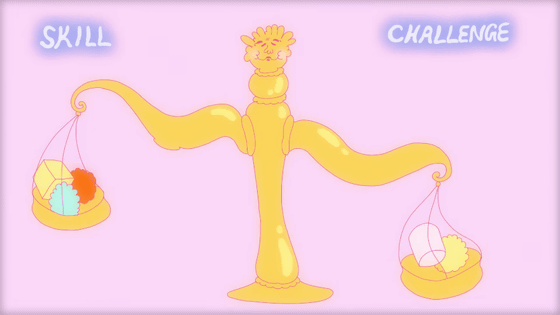What is the way to enter the 'flow' state where the concentration is maximized and the work is progressing?

Whether you're working, studying, or playing a sport, you can enter a state of total immersion and peak concentration called '
How to enter flow state-YouTube
It's the moment a tennis player can predict his opponent's next shot, the moment a piano player learns to master a piece of music through repeated practice, or the moment a research-intensive scientist stays up all night without hearing the alarm in the morning. At times, you may be experiencing “flow,” a unique state of mind that comes with increased concentration.

Flow is common in athletes and researchers who use high concentration, but it can also be experienced by ordinary people. According to the movie, people who experience flow report more positive emotions, higher imagination, and a sense of accomplishment.

It has also been associated with increased productivity, enhanced learning, and improved academic performance when in flow.

But what exactly is flow? How is it something that can be found other than just concentration?

Psychologists define flow as 'an altered state of consciousness with several characteristics.' As a characteristic of flow, first of all, people who are in a flow state tend to feel that they are working on a task in an easy mental state so that time passes quickly, and they may even feel that it is difficult to stop. About.

In addition, when you are in a flow state, you tend to reduce emotions such as anxiety such as 'Is this method correct?' 'Will this lead to results?' and promote creativity.

Neuroscience studies show that during flow, neural activity is altered in areas that play a role in attention, self-awareness, and self-awareness.

However, despite nearly 10 years of research, regarding flow, ``How does the brain in the flow state differ from the brain in a state of heightened consciousness such as meditation?'' Many questions still remain, such as whether the same brain regions are used for the flow of mental tasks such as studying and working, and why certain activities are more likely to cause flow. is.

We don't know for sure, but some theories have been put forward. For example, people report being more motivated and more likely to reach flow when they engage in activities that inherently find purpose, meaning, and enjoyment. It has been shown that flow is more likely to occur when you are not just doing what you love, but when you are doing work that includes a challenging goal, when you are working on a satisfying task, or when you are pursuing an interesting topic. . There is also the idea that it is difficult to enter the flow when you are in a mental state of 'I have to do it' instead of 'I want to do it'.

Other research suggests that the balance between individual skill level and activity challenge level is key to finding flow. If a task is too easy, you will feel distracted or bored and lose focus, but if it is too difficult, you will lose motivation.

Some studies state that the most important point for getting into flow is 'having a clear task in the activity and being able to assess your current progress along the way.' It is believed that receiving moment-by-moment feedback before achieving a goal will keep you motivated and focused.

There is no definitive way to get into flow, but you can increase your chances of it. First, you need to find a quiet environment, free of distracting noises and devices such as smartphones. Second, it's important to break down your tasks into smaller segments that are easier to track and reflect on. And finally, set an end goal that is challenging but not frustratingly difficult.

And most importantly, don't try too hard to get into the flow. The idea of “getting into flow” can distract you and keep you from getting down to the task at hand.

Related Posts:
in Note, Posted by log1e_dh







